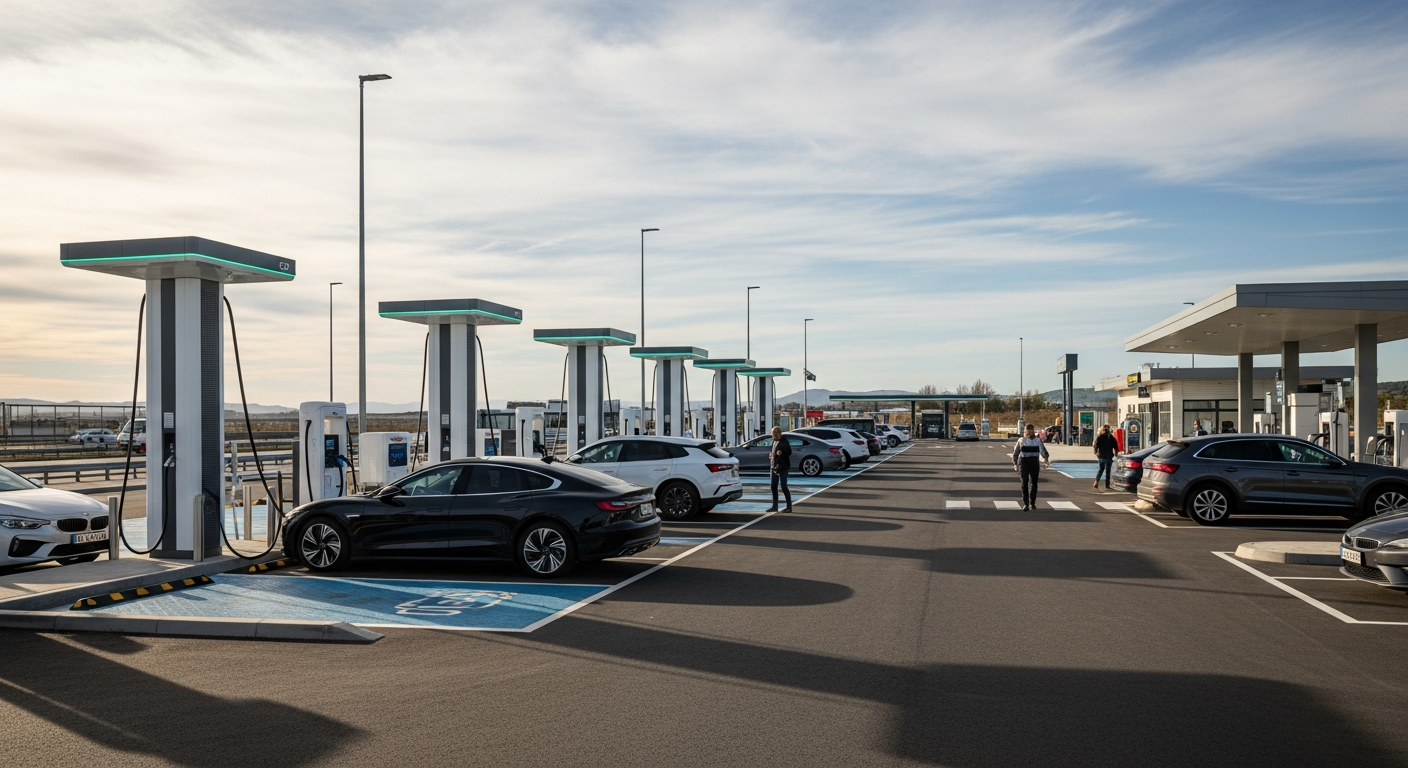Title: The Legal Labyrinth of Autonomous Vehicles
Introduction: As autonomous vehicles edge closer to widespread adoption, a complex web of legal questions emerges. This article delves into the intricate legal landscape surrounding self-driving cars, exploring the challenges lawmakers and courts face in adapting existing frameworks to this revolutionary technology.

Currently, only a handful of states have comprehensive AV laws on the books, while others have enacted limited regulations or executive orders. These laws typically address issues such as testing requirements, safety standards, and liability concerns. However, the lack of a unified national approach has led to regulatory uncertainty and potential conflicts between state and federal jurisdictions.
Liability: A Legal Quandary
One of the most pressing legal issues surrounding AVs is determining liability in the event of an accident. Traditional automotive law places responsibility on the human driver, but in a world where vehicles make decisions autonomously, this paradigm is no longer sufficient.
Legal experts are grappling with various liability models, including:
-
Strict liability for manufacturers
-
A modified negligence standard
-
No-fault insurance systems
-
Shared liability between manufacturers and users
Each approach has its own set of challenges and implications for consumers, manufacturers, and insurers. As courts begin to hear cases involving autonomous vehicles, new legal precedents will emerge, shaping the future of AV liability law.
Data Privacy and Cybersecurity Concerns
Autonomous vehicles generate and process vast amounts of data, raising significant privacy and security concerns. Legal frameworks must address issues such as:
-
Data ownership and access rights
-
Consent for data collection and sharing
-
Protection against hacking and cyber attacks
-
Government surveillance and law enforcement access
Existing data protection laws, such as the European Union’s General Data Protection Regulation (GDPR), provide some guidance. However, the unique challenges posed by AVs may require new, tailored legislation to adequately protect individual privacy while allowing for technological innovation.
Ethical Considerations and Algorithmic Decision-Making
The programming of autonomous vehicles raises complex ethical questions that have significant legal implications. How should an AV be programmed to respond in situations where harm is unavoidable? Should it prioritize the safety of its passengers over pedestrians? These dilemmas, often referred to as the “trolley problem,” have moved from philosophical thought experiments to real-world legal considerations.
Lawmakers and ethicists are working to develop guidelines for algorithmic decision-making in AVs. Some jurisdictions are considering requiring manufacturers to disclose their vehicles’ ethical frameworks, while others are exploring the idea of standardized ethical protocols. The legal ramifications of these decisions will likely be tested in courts as AV-related incidents occur.
International Harmonization and Cross-Border Travel
As autonomous vehicles become more prevalent, the need for international legal harmonization becomes increasingly apparent. Cross-border travel poses unique challenges, as AVs must navigate different traffic laws, road signs, and driving cultures.
Efforts are underway to develop international standards for AVs, similar to existing agreements for conventional vehicles. Organizations such as the United Nations Economic Commission for Europe (UNECE) are working on global technical regulations for automated driving systems. However, significant hurdles remain in aligning diverse legal systems and cultural attitudes towards autonomous technology.
The Road Ahead: Adapting Legal Frameworks
As autonomous vehicle technology continues to evolve, legal systems must adapt to address new challenges and scenarios. This may involve:
-
Creating new legal categories for different levels of vehicle autonomy
-
Establishing specialized courts or arbitration systems for AV-related disputes
-
Developing certification processes for AV software and hardware
-
Implementing new traffic laws and regulations specific to autonomous vehicles
The legal community, including legislators, judges, and attorneys, will need to develop expertise in this emerging field to effectively navigate the complex intersection of technology and law.
In conclusion, the legal landscape for autonomous vehicles is rapidly evolving, presenting both challenges and opportunities for lawmakers, manufacturers, and consumers. As this technology continues to advance, it is crucial that legal frameworks keep pace, balancing innovation with safety, privacy, and ethical considerations. The decisions made in courtrooms and legislatures today will shape the future of transportation and set precedents for other emerging technologies in the years to come.






